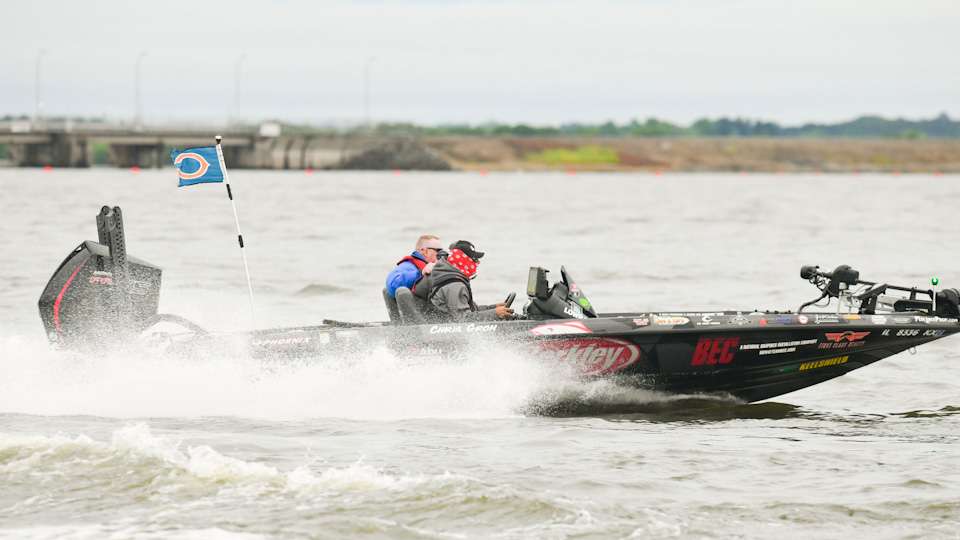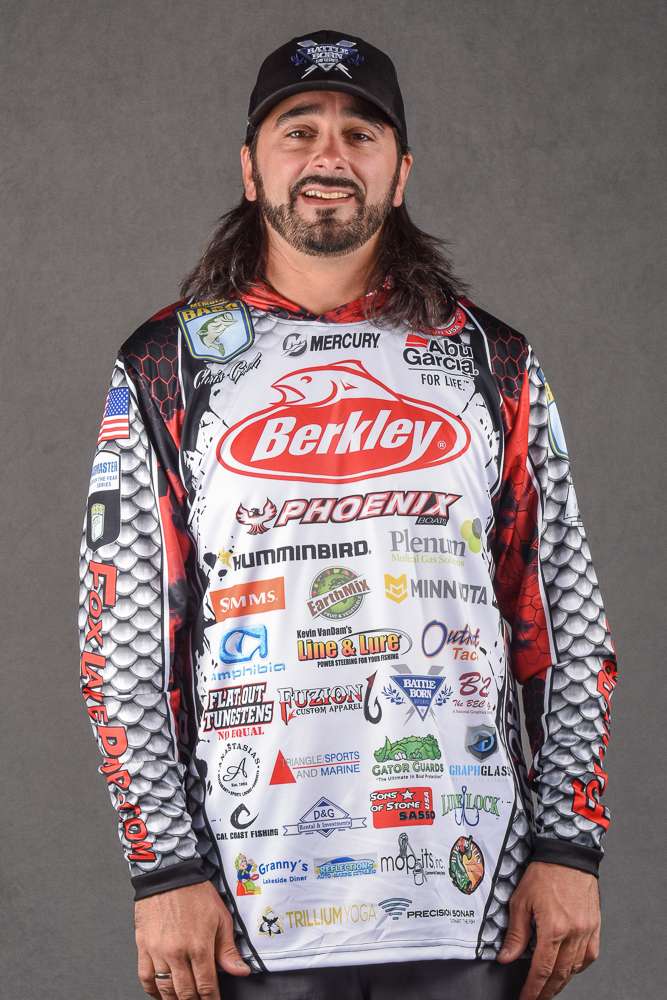
A huge part of my fishing education took place off the water, in the aisles of a tackle shop called Triangle Sports in Antioch, Ill. It started off as a cheap babysitter for my mom – she’d go grocery shopping and leave me there for a couple of hours so I wouldn’t bug her – and eventually it turned into a social hub, an opportunity to be mentored and a job.
Not every community has a bait shop that qualifies as that kind of destination, and I feel bad for young anglers who don’t have a chance to experience that sort of environment. Not every kid could hack it. Some would show for a month and then get tired of getting up at 4 a.m. or getting razzed all day long and they’d quit, but if you could make it past that initiation period you became family. The friendly abuse never stopped, but you knew that you were part of the community.
One way that you knew that you were “in” was when they gave you a nickname. As I’ve written before, I was “Weasel,” for reasons that are still not appropriate to describe. If you hung around long enough, you didn’t have another name beyond the one they gave you in the shop. Even your parents would refer to you by your nickname. I don’t remember the last time anyone up there called me Chris.
Some of the other nicknames were Pork Chop, The Mailman, Frizzlinator, Mort, Mookie and Sweatpants Mike. There were also some that I can’t include on a family-friendly website like Bassmaster.com. I’m probably going to get hate mail from some of the regulars whose names I didn’t include.
The process of bestowing a nickname on someone wasn’t a task to be taken lightly. Some were obvious from day one, but others took a little bit more time to marinate. There was one kid they had trouble naming, and one day while he was working out front, I was in the back in the reel cleaning section with the manager. We were watching the kid on the in-house cameras, trying to figure out what to call him. The thing is, he kept scratching himself. I mean constantly. It was immediately obvious to me that we had to call him “Scratchy.” He wasn’t happy with it, but he didn’t have a choice in the matter. In December he’ll graduate and become a schoolteacher. I hope that one of his future students is reading this and makes the connection.
There were plenty of regulars who didn’t work there, but they’d come in every day, drink some black coffee, disappear to the bathroom for a long time, and then leave after three hours without buying a thing. I’m not even sure if some of them fished. On the other hand, there were plenty of older guys who seemed grouchy or unapproachable on the outside but really took an interest in younger fishermen. The place was a breeding ground for good anglers and lots of fishing industry stalwarts, and a big part of that was because they took the time to teach us young people the right way to do things.
One of those guys was my friend George Vistain, who died recently just a few months shy of his 90th birthday. He’d retired from the bank in town and then started working at Triangle to feed his fishing addiction. He was a serious musky angler who fished for Northwoods muskies since he was young. When I first got there, before I really got into bass fishing, I was head over heels for musky fishing, and he took me under his wing. He was totally old school. I remember him making fun of the bass tournament guys with their jerseys and decals, and he treated some of the musky dudes the same way. They’d pull up with every sticker possible on their boats and trucks, hundreds of lures on their decks, and he’d call them “Musky Jockos.” They’d get 57 follows in a day, but they couldn’t catch ‘em like George could.
I wasn’t the only one that George mentored. There were probably dozens of us. We were just young punks who thought we knew everything about fishing. He didn’t have to work with us, but he did. He was an awesome dude who did so much for each of us. I’ll miss him a lot.
While the kids in and around Antioch – and around lakes like Guntersville or Lake Fork – are fortunate to have those old-school tackle stores to hang out in, in many places it’s a vanishing scene. Only now do I realize how privileged we were, and how much it sucks for many young kids not to have that same chance. But the lesson that I learned from George, and many of the other people who shaped my fishing career, is that it’s our duty to shape the next generation. Some of you may see me and think that I’m pretty laid back, maybe a little “different,” but this is something I take exceptionally seriously. I’ve been working with several anglers who have gone on to do big things at the collegiate level – guys like Ryan Kirkpatrick, who was the president of Murray State University’s team, and Tyler Lubbat, who is a freshman on the University of Alabama fishing team. They’ve become great anglers, great students and leaders of their fishing teams. To me, that means as much as any tournament check I’ve gotten over the years.
There are lots of kids who have the initial interest to become great anglers, and a smaller subset who have the drive to make it happen. But without mentors like George and an incubator like Triangle, it’s tough to get close to the finish line.

